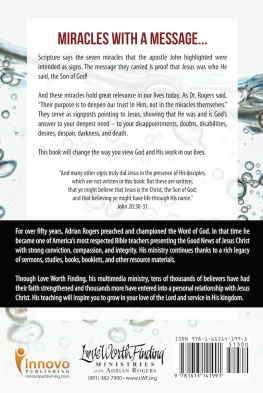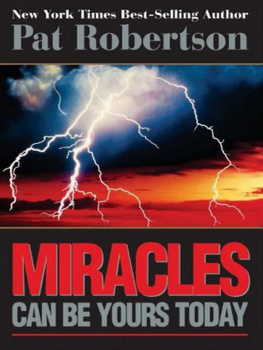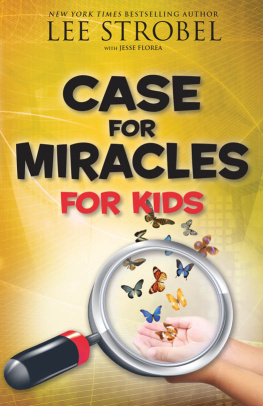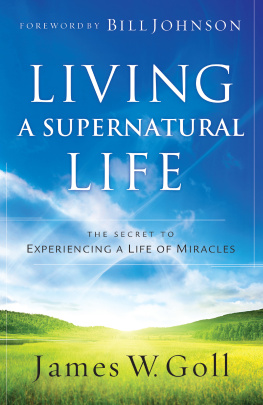THE MYSTERY OF HUMAN
CONSCIOUSNESS
by Israel Verano
all rights reserved to the author 2020
The whole Universe is filled with me, and I am hidden in it.
Maybe all the treasures of the world are hidden in me?
(Farid ad-Din Attar, Sufi master)
TABLE OF CONTENTS
1. Consciousness from birth to adulthood
2. Are consciousness and spirit same thing?
3. How spirits reproduce?
4. Personality and Inner God
5. The luminous double
6. Genius, Daemon, Inner God
7. How to become a God?
8. Ancient mystery of pineal gland
9. Schizophrenia, possession, mediumship
10. Be careful with thought-forms!
11. Archetype - the sum of all similar thought forms
12. Tulpa - the creature born of consciousness
13. Faith can change reality
14. Egregor - an artificial god
15. Just miracles, nothing special
16. Where do we go after death?
17. Fall of false gods
18. Our consciousness creates reality
19. Some important notes on meditation
20. Some powerful exercises for consciousness.
CONSCIOUSNESS FROM BIRTH TO ADULTHOOD
What is consciousness, and where did it come from? For centuries mystics, philosophers and theologians of all peoples and religions have tried to answer this question. According to the materialistic point of view, consciousness arises and matures along with the flesh. In addition, classical psychology states that the appearance of a fear of death in a child between the ages of three and five is a sign of a nascent consciousness. Today, we can disagree with this, because a child under three years old does not understand well what death is, therefore he does not know that he can be afraid of it. In the same way, a child at first does not know what pain, sharp objects, electricity, steam, boiling water, choking smoke, hot metal and a dog bite are - all these phenomena he comprehends over time, being alone with them without parental supervision, and until that time in infancy, parents diligently protect the child from such knowledge about the world. But someday all these phenomena and objects give the child a new experience of negative sensations perceived through the nervous system. Over time, the child learns to avoid dangerous phenomena and objects, even if they do not cause him fear. Death is, perhaps, the only thing that cannot be known by experience, for death is a one-time event. For this reason, the fear of death is formed more slowly, based solely on theoretical data. It can be assumed that if a child is not told about death and is protected from any information related to death until full adulthood, then the child will never, even at an adult age, know what death is, although he will already have a fairly developed consciousness. According to Indian legend, this is how the prince from the Shakya clan was brought up, who later became known as the Buddha Shakyamuni. Buddha's father for many years protected his son from the outside world and hid the presence of disease, suffering and death in this outside world.
So, the development of consciousness can overtake the development of the first concepts of death, and this does not at all make consciousness defective and poorly functioning. But can the idea of death overtake the development of consciousness in a child? It cannot, because for the formation of any ideas, the presence of consciousness is necessary. Then the question here is when is the first time a child becomes conscious. If at the age of one year a child is just a conglomeration of instincts, devoid of consciousness, then where does he get such an excellent ability to repeat the movements of his parents and learn from them the initial methods of non-verbal communication? The child and parent agree to choose the language of gestures and sound signals (not words) necessary in order to "communicate" in a very primitive form about food, sleep, play, affection, and so on. Such learning or even creating a conventional language is a creative process. It often happens that young mothers, by the behavior of the baby, already know what he needs, although outsiders do not notice anything. Instinct (especially in childhood) is usually associated with survival now or in the near future, based on external signals coming through the nervous system (especially the somatic). This system helps to learn about the world, but it is not associated with the desire to learn something from parents through communication. In addition, such training is not always associated with survival or the satisfaction of physiological needs. Undoubtedly, consciousness has been in a person from the very first days, but this consciousness has not yet fully merged with the child's brain. In the process of gradually instilling consciousness in the brain, instincts step by step give way to reason.
ARE CONSCIOUSNESS AND SPIRIT SAME THING?
Consciousness, which exists by itself and existed before it entered the body, is called spirit (or soul). Spirit is the thinking "I'am/Me/Miself" of a person, endowed with the ability of self-awareness and memorization. Therefore, hereinafter, the word spirit and the word consciousness will mean the same phenomenon. This spirit sends signals to the brain, and the brain transmits them further along all channels within the body.
But the existence of the spirit does not depend on the brain. In history, there have been cases when children were born with a significant lack of gray matter. As a result of hydrocephalus, more than 90% of the cranial cavity in the head of these children was filled with fluid. These children functioned normally, although they developed more slowly. It is hard to imagine that such a tiny part of the intact brain is enough for these children in order to function normally without any help of consciousness. Sometimes these children die, but sometimes they survive. In addition, some adults have had accidents that severely damaged some part of the brain. Sometimes the damage was not significant, but it strongly affected the behavior and abilities of the person, and sometimes the serious damage did not cause any consequences.
At the beginning of the 20th century, the famous American neuropsychologist Dr. Karl Spencer Lashley decided to finally understand the issue of the connection between the soul and the brain. He removed the brains of the lab rats piece by piece. During this experiment, it turned out that the removal of parts of the brain in extreme cases can only affect some physical dysfunctions, while the memory and personality (isn't it the same thing?) of the animal remain unaffected. It was not possible to establish the location of the memory inside the cranium, because when one fragment of the brain was removed, the memory slipped into another fragment. It turned out that memory, which is clearly present, does not have a physical connection to any part of the brain. Even later, scientists found that every two days, about 98% of the molecules in the human brain are renewed, but memory does not disappear.
In addition, there are enough stories of people who have experienced clinical death, according to which they instantly recalled their entire life after the death of the physical body. Is it possible for a living person to remember his whole life in a normal state at once? Or at least the entire last month? And nevertheless, people who returned from the other world told not only about memories - they were also able to hear and see what was happening in the room, recognize the faces of deceased relatives, communicate through speech, and so on. If we assume that all the images seen are hallucinations of a dying brain, then this sounds even less scientific, since brain dying begins from the outer zones and moves to the center of the brain. Therefore, it should be taken into account that the zones responsible for speech formation, speech recognition, face recognition, sound recognition, and so on are the first to die off. However, in fact, the brain has been practically dead for several minutes, and the human consciousness at this time experiences bright and distinct images, hears sounds, distinguishes words, recognizes faces, and so on. Some patients who have experienced clinical death talk about things that happened in the next room or in the hallway. It turns out that consciousness is a soul, and this soul is immortal and does not depend on brain activity. In this case, the brain can only be compared to a radio device that receives an abundant stream of signals from the soul. At the same time, the instincts of living beings undoubtedly reside in the brain (both head and spinal). Without a soul, the human body is an ordinary animal, governed by instincts and some ability of thinking. But if thinking is supplemented by reason, which guides its processes, and besides this, it tames animal instincts, then this is already a Man.










